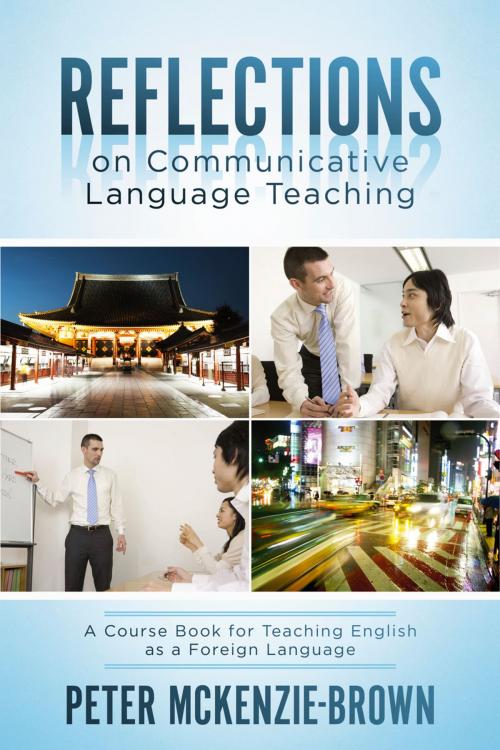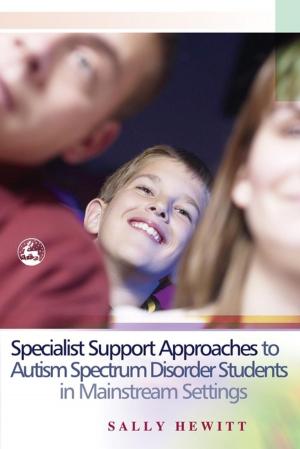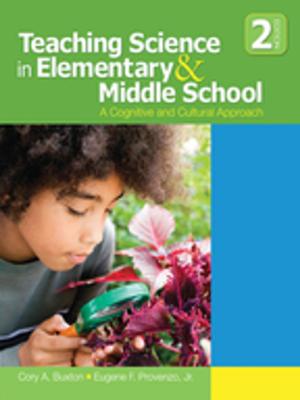Reflections on Communicative Language Teaching
A Course Book for Teaching English as a Foreign Language
Nonfiction, Reference & Language, Education & Teaching, Educational Theory, Bilingual Education, Teaching| Author: | Peter McKenzie-Brown | ISBN: | 9780988150300 |
| Publisher: | Peter McKenzie-Brown | Publication: | August 1, 2012 |
| Imprint: | Language: | English |
| Author: | Peter McKenzie-Brown |
| ISBN: | 9780988150300 |
| Publisher: | Peter McKenzie-Brown |
| Publication: | August 1, 2012 |
| Imprint: | |
| Language: | English |
To become a great English teacher, what do you need to know and what do you have to do? I reflected continually on those questions during a four-year teaching sojourn in Thailand. In this book I present my answers. After being invited to develop a course in TEFL (Teaching English as a Foreign Language) at Chiang Mai University’s Language Institute, I developed this text for my students – all of them westerners preparing for a stint teaching English overseas. I improved the text continually while I was teaching, and revised it again once I decided to make it available as an e-book. The book’s structure is straightforward: Study notes, essays, readings, and appendices. Besides commentaries on the complexity of the English language theory and the many challenges English teachers face, these materials cover grammar, pronunciation, a summary of writing errors (and ways to correct them,) and a glossary of language teaching terms. Clearly useful for my teachers in training, these materials are equally valuable for teachers in the field. I would be remiss not to describe the TEFL course itself. Besides three-hour classes five days a week, my students – typically 12-15 in number, who generally became close friends for the duration of the course – broke into three groups each evening to participate in two-hour English classes for Thai students. (Three experienced teachers – I was one of them – conducted the classes). For the last two weeks of the five-week program, the students took turns preparing their own lesson plans. Each conducted one lesson while the instructor observed. This book covers a fair amount of information about Thai history and culture. For those expecting to teach outside Thailand, this material may be interesting only. However, it also carries a lesson for the teacher working far away. Because of the importance of socio-linguistic understanding, wherever you find your teaching assignment you need to take the initiative and learn about local culture and history. Ideally, you should also begin to learn the local language. Becoming part of local society, rather than remaining an outsider, makes life easier for you. It also helps you appreciate the language learning challenges that your students are facing.
To become a great English teacher, what do you need to know and what do you have to do? I reflected continually on those questions during a four-year teaching sojourn in Thailand. In this book I present my answers. After being invited to develop a course in TEFL (Teaching English as a Foreign Language) at Chiang Mai University’s Language Institute, I developed this text for my students – all of them westerners preparing for a stint teaching English overseas. I improved the text continually while I was teaching, and revised it again once I decided to make it available as an e-book. The book’s structure is straightforward: Study notes, essays, readings, and appendices. Besides commentaries on the complexity of the English language theory and the many challenges English teachers face, these materials cover grammar, pronunciation, a summary of writing errors (and ways to correct them,) and a glossary of language teaching terms. Clearly useful for my teachers in training, these materials are equally valuable for teachers in the field. I would be remiss not to describe the TEFL course itself. Besides three-hour classes five days a week, my students – typically 12-15 in number, who generally became close friends for the duration of the course – broke into three groups each evening to participate in two-hour English classes for Thai students. (Three experienced teachers – I was one of them – conducted the classes). For the last two weeks of the five-week program, the students took turns preparing their own lesson plans. Each conducted one lesson while the instructor observed. This book covers a fair amount of information about Thai history and culture. For those expecting to teach outside Thailand, this material may be interesting only. However, it also carries a lesson for the teacher working far away. Because of the importance of socio-linguistic understanding, wherever you find your teaching assignment you need to take the initiative and learn about local culture and history. Ideally, you should also begin to learn the local language. Becoming part of local society, rather than remaining an outsider, makes life easier for you. It also helps you appreciate the language learning challenges that your students are facing.















